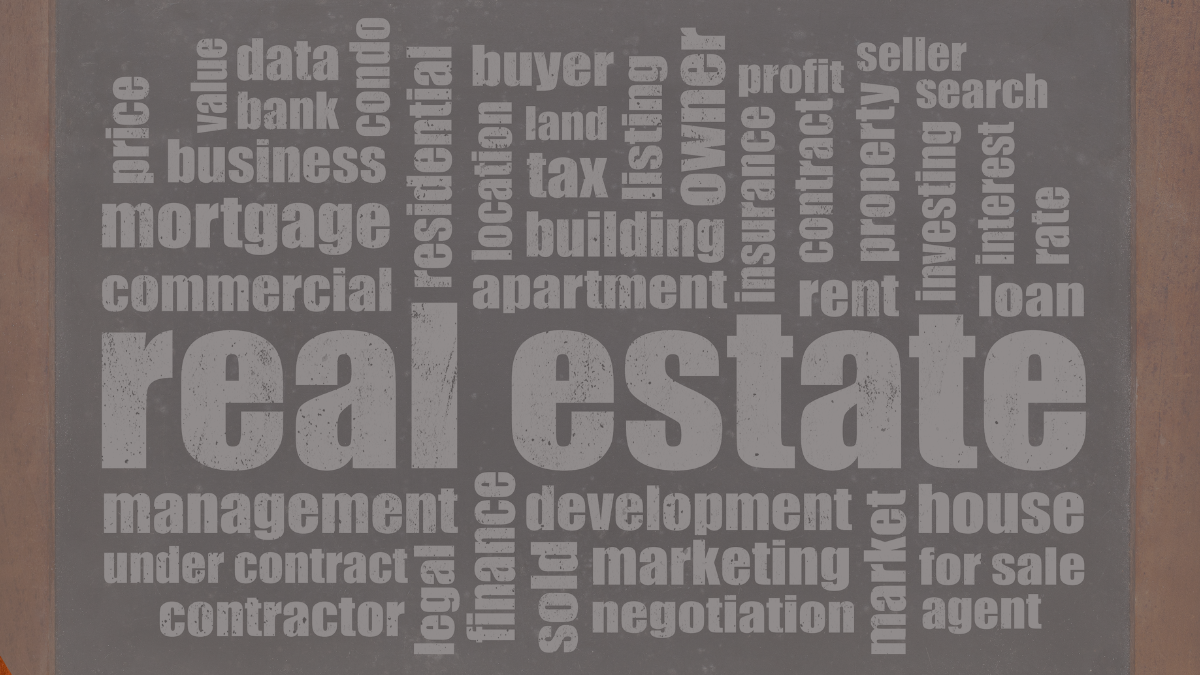Foreclosure Defense: Legal Strategies to Protect Your Home
Foreclosure Defense: Legal Strategies to Protect Your Home
Facing foreclosure is one of the most stressful experiences a homeowner can endure. The fear of losing your home, combined with the complexity of legal procedures, can make the situation feel overwhelming. However, understanding your rights and the legal strategies available can empower you to take control and potentially save your home. This guide explores practical foreclosure defense tactics, including some real-life examples, and what homeowners in areas like Weirton, Wheeling, and Moundsville can do to protect their property.
What Is Foreclosure and How Does It Work?
Foreclosure is a legal process where a lender attempts to recover the balance of a loan from a borrower who has stopped making payments. The lender typically sells the property to recover the owed money. Foreclosures can be judicial (handled through the court system) or non-judicial (handled outside of court), depending on state laws.
In West Virginia, judicial foreclosures are common, meaning the lender must file a lawsuit to foreclose on a home. This provides homeowners with opportunities to contest the foreclosure in court, offering a crucial window for legal defense from an experienced real-estate attorney.
Common Foreclosure Triggers
First and foremost, understanding what leads to foreclosure can help you stay proactive in preventing it. Here are some common triggers.
- Job loss or income reduction
- Unexpected medical expenses
- High-interest loans or adjustable-rate mortgages
- Disillusionment of marriage due to divorce, separation, or death
- Natural disasters causing significant property damage
While these circumstances can be beyond your control, knowing your options can help you navigate the situation.
Legal Strategies to Defend Against Foreclosure
Loan Modification
A loan modification changes the original terms of your mortgage to make payments more affordable. This can include reducing the interest rate, extending the loan term, or even reducing the principal.
In Wheeling, a family facing foreclosure due to job loss successfully negotiated a loan modification that reduced their monthly payments by 30%, allowing them to keep their home. This was made possible by the work of an experienced attorney specializing in real-estate law to contact and negotiate with a loan provider.
Refinancing
If your credit hasn’t been severely impacted, refinancing your mortgage might be an option. This involves replacing your current loan with a new one, ideally with better terms.
Filing for Bankruptcy
While bankruptcy is a serious decision, it can temporarily halt foreclosure through an "automatic stay." This legal action prevents creditors from pursuing collection efforts while the bankruptcy is processed. Keep in mind, however, that bankruptcy will impact much more than your property loan, including your ability to receive other financial support in the future.
- Chapter 7 Bankruptcy can delay foreclosure but may not prevent it entirely.
- Chapter 13 Bankruptcy allows you to reorganize your debt and create a repayment plan, which can include catching up on missed mortgage payments over time.
Challenging the Foreclosure in Court
In judicial foreclosure states like West Virginia, you can challenge the lender’s case by:
- Questioning the lender’s standing: Ensuring the lender has the legal right to foreclose.
- Identifying errors in the foreclosure process: Mistakes in paperwork, improper notice, or failure to follow legal procedures can be grounds for dismissal.
- Proving predatory lending: If the original loan terms were deceptive or unfair, this could be a strong defense.
Short Sale or Deed in Lieu of Foreclosure
If keeping your home isn’t feasible, a short sale (selling the home for less than the mortgage balance) or a deed in lieu of foreclosure (voluntarily transferring ownership to the lender) can help minimize damage to your credit.
A Glen Dale homeowner facing foreclosure due to medical bills opted for a deed in lieu of foreclosure, which allowed them to avoid the stress of legal proceedings and move forward with a clean slate. As part of the agreement, the lender even agreed to an extended grace period as well as assistance with relocation expenses. While this is not always the outcome, it shows how a deed in lieu of foreclosure can help homeowners avoid additional expenses and stress, especially with the assistance of experienced attorneys like those at Guida Law Offices.
The Importance of Acting Quickly
Time is critical when facing foreclosure. The sooner you act, the more options you have. Contact your lender immediately if you miss a payment. Many lenders prefer to work with homeowners to avoid the costly foreclosure process. Remember, while it is your home, this process can be stressful for the lender as well. Use that to your advantage.
Key Steps to Take:
- Review your mortgage documents to understand your rights and obligations.
- Keep detailed records of all communication with your lender.
- Consult a real estate attorney experienced in foreclosure defense, especially if you’re in areas like Follansbee, New Cumberland, or Weirton.
Resources for Homeowners in the Northern Panhandle of West Virginia
West Virginia offers various resources for homeowners facing foreclosure, from general support to experienced council:
- West Virginia Legal Aid: Provides free legal assistance for those who qualify.
- HUD-Approved Housing Counselors: Can help you understand your options and negotiate with lenders.
- Local Real Estate Attorneys: Firms like Guida Law Offices offer specialized support in foreclosure defense.
Protecting Your Home with the Proper Legal Strategies
Foreclosure is daunting, but it’s not the end of the road. By understanding your legal options and taking swift action, you can protect your home and your financial future. Whether it’s negotiating a loan modification, exploring bankruptcy options, or challenging the foreclosure in court, support and resources are available to help you navigate this difficult time.
If you’re facing foreclosure in Weirton, Wheeling, Moundsville, or anywhere else in northern West Virginia, consulting with a knowledgeable real estate attorney can make all the difference. Don’t wait until it’s too late – contact Guida Law Offices and take the first step towards protecting your home today.
Some Frequently Asked Questions About Foreclosure Defense
1. Can I stop a foreclosure once it has started?
Yes, options like loan modifications, bankruptcy filings, or court challenges can halt or delay the foreclosure process.
2. How does bankruptcy affect foreclosure?
Filing for bankruptcy initiates an automatic stay, which temporarily stops foreclosure proceedings. Chapter 13 bankruptcy allows you to create a repayment plan to catch up on missed payments.
3. What if I think my lender made a mistake?
If you suspect errors in your foreclosure case, such as incorrect paperwork or improper notice, you can challenge the foreclosure in court. Consulting with a foreclosure defense attorney is crucial in these situations.
4. How will foreclosure affect my credit?
Foreclosure significantly impacts your credit score, often lowering it by 100-150 points. Alternative solutions like loan modifications or short sales may have a less severe impact.
5. Can I stay in my home during the foreclosure process?
Yes, you can remain in your home until the foreclosure is finalized. The timeline varies, but homeowners often stay in their property for several months during the process.










